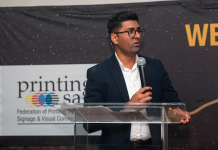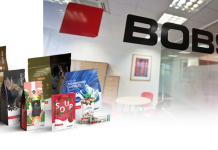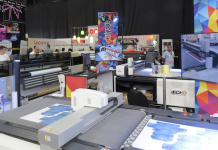According to Neila Burger, training and development manager at Novus Holdings, the lack of skilled artisans is a major barrier to job creation and economic growth. They play a hugely important role in the economic growth of our country and if we had more skilled artisans, it would also help industries that often have to look outside the country to find the right skill set.
President Cyril Ramaphosa’s recent announcement of the launch of the Youth Employment Service (YES) programme – which will see young people being offered paid work experience over the next three years – has been touted as hugely positive, especially as people with technical skills will transfer these to the youth. The programme hopes to create 330,000 jobs per year.
According to the National Development Plan (NDP), for the country to stop poverty, reduce inequality and ensure that all citizens have better working and living conditions by 2030, South Africa needs to produce over 30,000 qualified artisans a year to meet the labour demand.
‘While the YES programme is a welcome step towards filling the gap, a lot still needs to be done. It is also up to the corporate sector to play a more active role in promoting skills development and transfer to help bridge the divide,’ said Burger.
The Novus Academy, which has indentured and trained more than 200 apprentices since its inception in 2011, is an FP&M Seta accredited training institution. The academy provides apprentices with printing industry technical knowledge, life skills, mathematics, leadership and end user computer training as part of their learning curriculum. It grew out of the need to provide specialised skills to not only the organisation, but also the South African print industry.
Burger said that specialised skills are still relevant, despite the world moving towards a place where artificial intelligence may become the norm. He added that while reports suggest that there will be mass job losses from automation and artificial intelligence in the future, there will always be a need for human ‘intervention’ to troubleshoot and ensure high quality delivery.
‘The printing industry is continually evolving. While we have invested in highly advanced machinery and equipment to future-proof our organisation, we also believe that skilled people are important to the success of the organisation. As an example, with any manufacturer, or printer, if a machine were to breakdown, having the right skill is critical to ensure that the operations are not impacted, and that it comes back online quickly,’ explained Burger.
But, Burger said, despite the immense need for artisans, there is still a negative perception around working as an artisan in a technical trade.
‘This could contribute to the lack of qualified artisans in the country. At the Novus Academy, every apprentice said that they want to qualify as an artisan to allow them to provide for their families – a motivating factor that is easy to identify with,’ said Burger, adding that salaries for skilled and qualified workers vs unskilled workers is incomparable.
Another motivating factor for those who enrol at the Novus Academy is the fact that apprentices ‘learn as they work and earn while they learn’.
‘The programmes are robust. Once apprentices qualify as competent artisans they are eligible as a skilled professional. There is no need for work integrated learning or internships. This makes apprenticeships very viable, especially in the manufacturing environment,’ Burger explained.
Each programme is structured to allow for six months of fundamental knowledge training, followed by on the job experiential learning, which is supplemented with core industry knowledge training and work practice. The latter takes about 18 to 24 months to complete, and each apprentice goes through a rigorous process of phase assessments before they can take their trade test to qualify as an artisan.
Apprentices are selected through a formal recruitment process where applicants must complete a test battery to assess technical, language and numerical competence as well as pass a colour perception test to be considered for the programme.





















